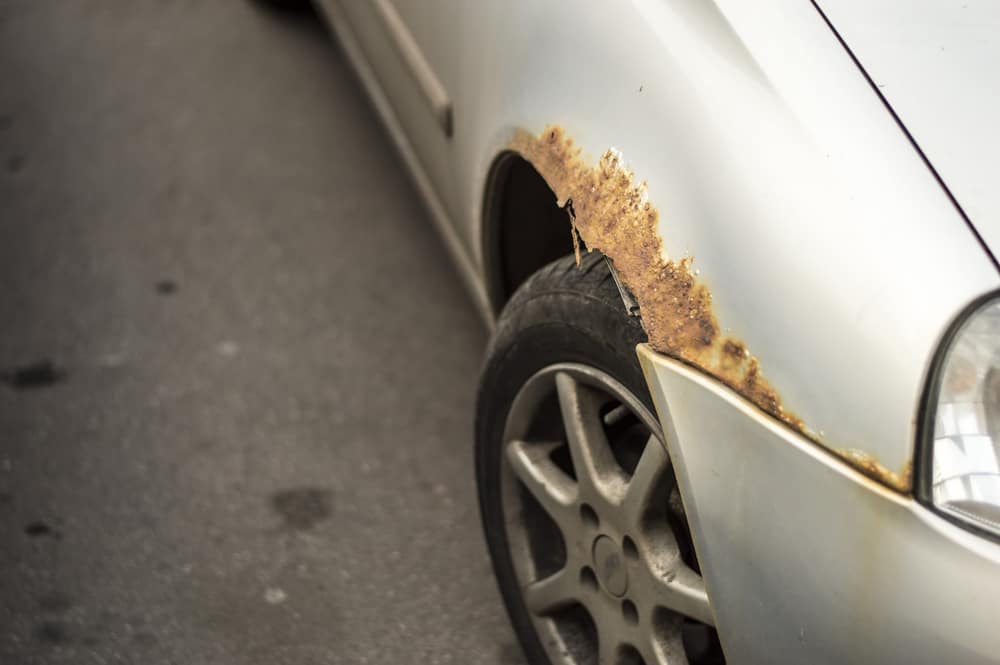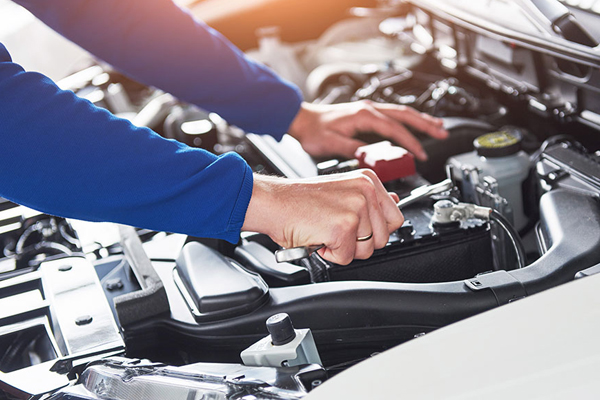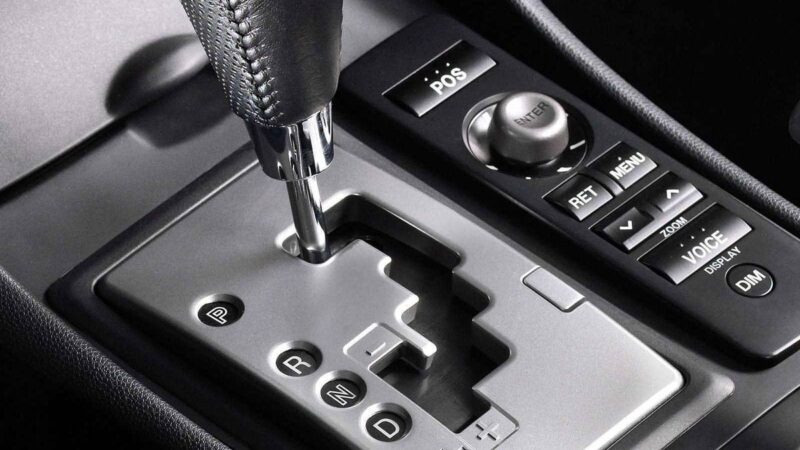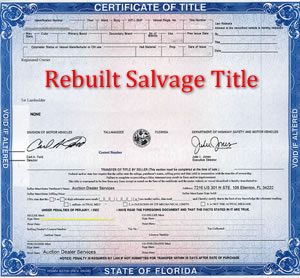How to Sell Your Car at Auction: A Step-by-Step Guide
Selling your car at auction can be an efficient and potentially lucrative way to offload your vehicle. Auctions provide access to a wide range of buyers, often leading to competitive bidding that can result in a higher selling price than through traditional sales channels. However, selling a car at auction involves several key steps and considerations to ensure a successful transaction. Here’s a comprehensive guide on how to sell your car at auction.

1. Decide on the Type of Auction
There are various types of car auctions, and selecting the right one depends on your goals and the type of car you’re selling.
- Public Auctions: Open to anyone, public auctions typically attract a broad range of buyers, including individuals looking for a deal and small used-car dealers.
- Dealer-Only Auctions: These are exclusive to licensed car dealers. If you sell through a dealer-only auction, you’ll likely need to work with a dealer who can enter your car into the auction.
- Online Auctions: Platforms like eBay Motors or Bring a Trailer allow you to list your car online, reaching a global audience. These auctions are convenient and often yield competitive prices, especially for unique or classic cars.
- Specialty Auctions: If you have a classic, rare, or high-value car, consider specialty auctions like Barrett-Jackson or Mecum. These auctions cater to enthusiasts and collectors, which could drive up the final sale price.
2. Prepare Your Car for Auction
Before listing your car, it’s essential to prepare it to attract potential buyers and achieve the best price.
- Clean and Detail the Car: A thorough cleaning, both inside and out, is crucial. Consider professional detailing to make the car as appealing as possible.
- Gather Documentation: Compile all necessary documents, including the title, service records, and any warranties or manuals. A well-documented car is more attractive to buyers.
- Consider Minor Repairs: Addressing minor cosmetic or mechanical issues can significantly impact the auction price. However, be mindful of the cost-to-benefit ratio for more expensive repairs.

3. Set a Realistic Reserve Price
The reserve price is the minimum amount you’re willing to accept for your car. Setting a realistic reserve is crucial; if it’s too high, your car may not sell. Research similar vehicles to gauge a fair market value, considering factors like mileage, condition, and demand.
4. Choose the Right Auction House or Platform
Select an auction house or online platform that aligns with your car type and selling goals. Research their reputation, fees, and the kind of buyers they attract. Some auction houses specialize in certain types of vehicles, which can be advantageous.
5. Understand the Fees and Costs
Selling a car at auction involves various fees, including entry fees, commission fees, and potential fees for additional services like transportation or photography. Make sure you understand all associated costs and how they will affect your net profit.
6. Create an Appealing Listing
If you’re selling your car online or providing information for a catalog listing, make sure your car is presented in the best possible light.
- Write a Detailed Description: Include all relevant details about your car, such as make, model, year, mileage, condition, and any unique features or history.
- Provide High-Quality Photos: Clear, well-lit photos from multiple angles can significantly enhance your listing’s appeal. Include pictures of the interior, exterior, engine bay, and any special features.
7. Auction Day: What to Expect
On the day of the auction, if it’s a physical auction, arrive early to ensure your car is properly staged. Be prepared for potential buyers to ask questions or inspect the car before bidding begins.
- Stay Calm: Auctions can be fast-paced and exciting, but it’s important to remain calm and focused.
- Be Ready to Negotiate: If your car doesn’t meet the reserve price, the auctioneer might approach you with the highest bid to see if you’re willing to sell. Be prepared to negotiate.
8. After the Auction
Once your car is sold, you’ll need to handle the post-auction process.
- Finalize the Sale: The auction house will typically handle the paperwork, but ensure everything is in order and that you receive payment promptly.
- Transfer Ownership: Make sure the title and any other required documentation are properly transferred to the new owner.
- Collect Your Payment: Depending on the auction house’s policy, you may receive payment on the day of the auction or within a few days afterward.

9. Consider Tax Implications
Depending on your location, selling a car at auction may have tax implications. Consult with a tax professional to understand your obligations and ensure you comply with all relevant tax laws.
Conclusion
Selling your car at auction can be a straightforward and effective way to reach a broad audience of potential buyers. By preparing your car, choosing the right auction platform, and understanding the process, you can maximize your chances of a successful sale. Whether you’re selling a daily driver or a classic car, following these steps will help you navigate the auction process with confidence.




